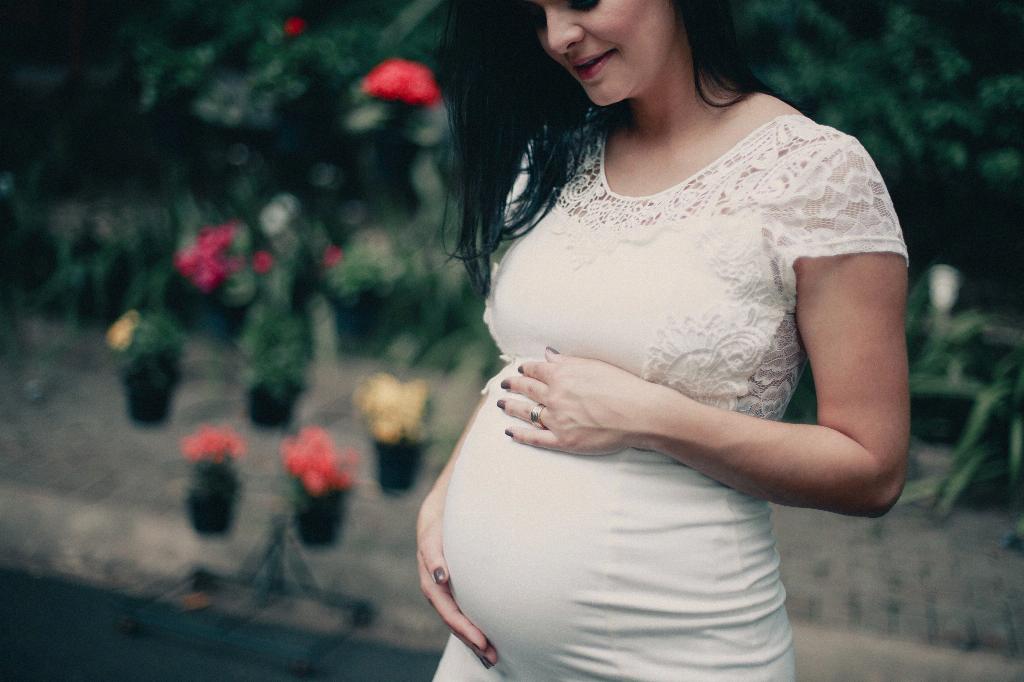When it comes to pregnancy, the health of both the mother and the unborn child is of utmost importance. Listeria infection, caused by the bacterium Listeria monocytogenes, can pose serious risks to pregnant women and their babies. It is essential to delve into what happens if a pregnant woman contracts Listeria.
The Heightened Risk for Pregnant Hispanic Women
Studies have shown that pregnant Hispanic women are at a significantly higher risk of contracting Listeria infection compared to other demographic groups. In fact, the likelihood of Listeria infection for pregnant Hispanic women is reported to be 24 times higher. This points to the importance of understanding and addressing this specific risk factor within the realm of prenatal care.
Potential Consequences of Listeria Infection
Listeria infection during pregnancy can have severe consequences for both the expectant mother and the developing fetus. One of the most concerning risks is the potential for miscarriages, as Listeria can lead to the loss of the pregnancy. Additionally, stillbirths may occur as a result of the infection, posing emotional and physical challenges for the parents.
Preterm Labor and Birth Defects
Another significant impact of Listeria infection during pregnancy is the increased risk of preterm labor. Babies born prematurely may face a host of health complications and require specialized care in the neonatal period. Furthermore, Listeria has been linked to the development of birth defects in newborns, highlighting the need for proactive measures to prevent infection.
Neonatal Illness and Mortality
For infants born to mothers who have had Listeria infection during pregnancy, the risks extend beyond the prenatal period. Newborns can experience serious illness as a result of Listeria exposure in utero, requiring intensive medical intervention. In the most severe cases, Listeria infection in newborns can lead to death, underscoring the urgency of prevention and treatment.
Prevention Strategies and Prenatal Care
Given the grave consequences of Listeria infection during pregnancy, it is vital for healthcare providers to emphasize prevention strategies and vigilant prenatal care. Educating pregnant women about the risks of Listeria exposure through contaminated foods and promoting safe food handling practices are crucial components of preventative efforts.
Early Detection and Treatment
Timely detection of Listeria infection in pregnant women is essential for mitigating risks to both mother and child. Symptoms such as fever, muscle aches, and gastrointestinal issues should prompt immediate medical evaluation. Healthcare providers can conduct tests to confirm Listeria infection and initiate appropriate treatment to safeguard maternal and fetal health.
Supportive Care and Monitoring
Throughout pregnancy, women who have been exposed to Listeria or diagnosed with Listeria infection require close monitoring and supportive care. Regular prenatal visits allow healthcare providers to track the progress of the pregnancy, address any emerging issues, and ensure that appropriate interventions are implemented to safeguard maternal and fetal well-being.
Postnatal Follow-Up and Infant Health
After delivery, infants born to mothers with a history of Listeria infection may need specialized postnatal follow-up to assess their health status and address any potential complications. Monitoring for signs of neonatal infection and providing timely interventions are key aspects of postnatal care for these vulnerable newborns.
Public Health Implications and Awareness
Enhancing awareness of Listeria infection and its risks during pregnancy is essential for promoting public health and protecting maternal and infant welfare. Public health campaigns, healthcare provider education, and community outreach efforts can all contribute to increased awareness and proactive measures to prevent Listeria-related complications in pregnancy.
Conclusion: Safeguarding Maternal and Fetal Health
In conclusion, the impact of Listeria infection during pregnancy can be far-reaching and profound, highlighting the critical importance of prevention, early detection, and comprehensive prenatal care. By understanding the risks associated with Listeria and taking proactive measures to address them, we can strive to safeguard the health and well-being of expectant mothers and their precious newborns.

